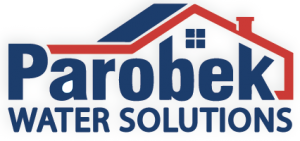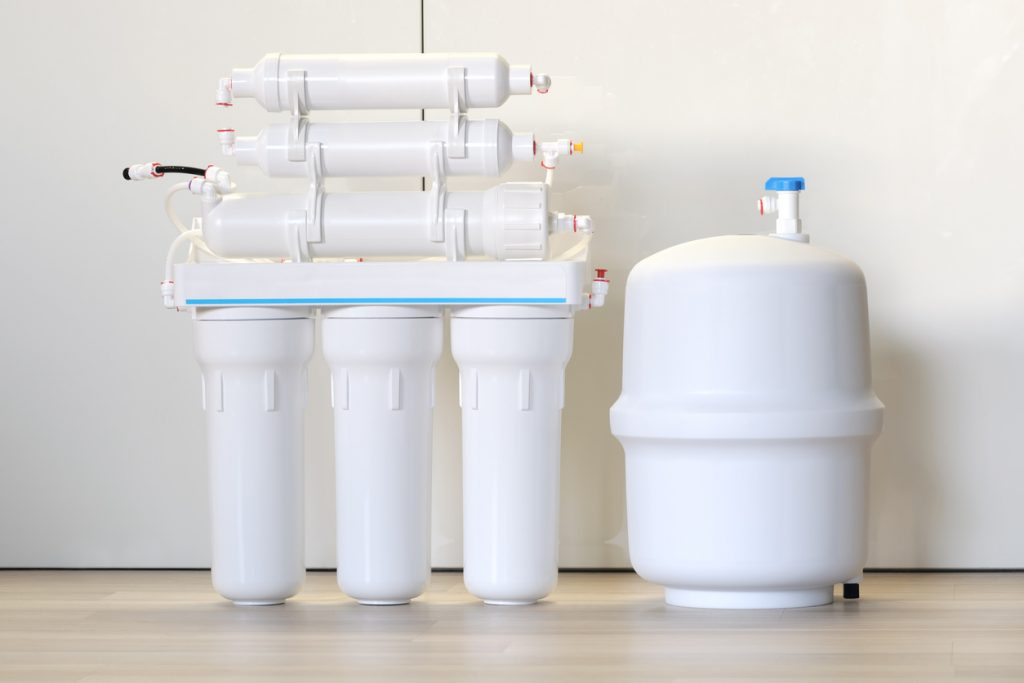Though the water quality in Austin is good, every water system has contaminants. The great majority of contaminants found in drinking water are harmless, but you may still want to take that extra step to get rid of even more bacteria, viruses, and toxins. Another good thing about Bastrop’s water is that it’s considered soft, which means it doesn’t have a lot of calcium and magnesium in it that can clog pipes and fixtures with limescale. Hard water would also make washing up and laundering after all those holiday parties aggravating. The following covers a few water filtration systems to choose from.
Reverse Osmosis
Reverse osmosis (RO) is famous for the variety of contaminants it can remove from your water. It can remove pathogens such as cryptosporidium and toxic metals such as lead, as well as nitrates, nitrites, and pesticides. It works by forcing water through layers of semi-permeable membranes that capture the contaminants while letting the clean water pass into your freshwater line.
Ultrafiltration
This type of water filter is much like reverse osmosis in that it uses membranes to stop contaminants. The difference is that ultrafiltration (UF) can remove particles much smaller than those removed by reverse osmosis. An ultrafiltration system can take out particles that are a little over 1 nanometer. RO filters can remove particles larger than 5 nanometers. Because of this, UF filters can remove even more contaminants than reverse osmosis filters.
Ion Exchange
This type of water filtration is especially good at removing organic contaminants and heavy metals. The filter uses a resin whose hydrogen ions attract contaminants and take them out of the water. Unlike other types of filters, exchange filters don’t need electricity to work.
Carbon Filters
If your water tastes of chlorine, you might opt for an activated-carbon filter. These filters also remove volatile organic compounds, pesticides, and heavy metals. The two types of carbon filters come in blocks or granules. Block activated carbon is made by forming finely ground charcoal into blocks. They filter contaminants more slowly than granular activated carbon, but they are more efficient. Granulated activated-carbon filters last longer and do not cost as much as blocks.
Ultraviolet Disinfection
Ultraviolet filters (UV) remove microorganisms such as bacteria from water by simply killing them with ultraviolet radiation. While they kill microorganisms, they don’t remove heavy metals, VOCs, or other pollutants. Because of this, UV filters are often used alongside filters that do remove heavy metals and chemicals, such as RO.
Call Our Company for Water Filtration
Austin’s water is considered clean, but water filtration makes it even cleaner, which is a must if you’re going to do a lot of entertaining over the holidays. That’s where the professionals at Parobek come in. We are second to none when it comes to making sure your water is as clean and healthful as it can be. Call Parobek Water Solutions for your water filter needs today.

